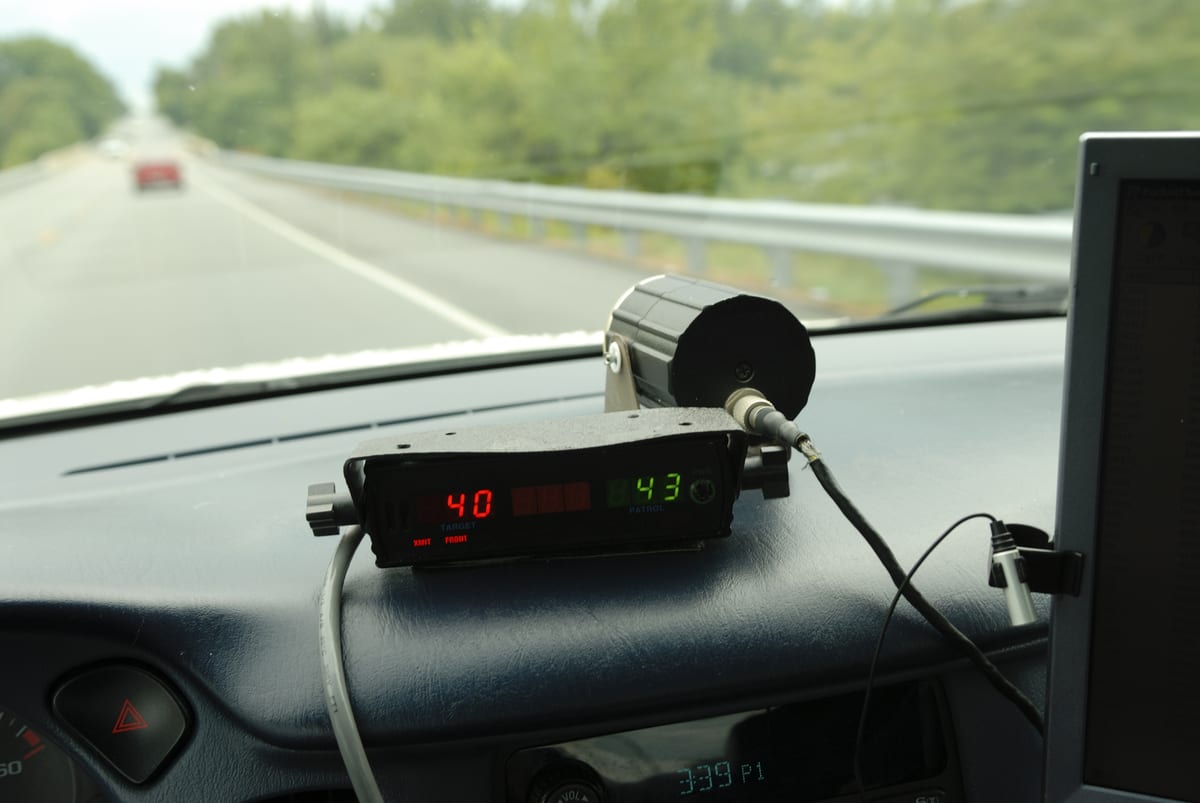Drivers Remain Unaware of Maryland’s Expanded “Move Over” Law

All 50 states have “move over” laws to protect law enforcement officers and emergency response personnel responding to traffic incidents. Unfortunately, a recent national poll by the National Highway Traffic Safety Administration revealed that 71% of drivers have not heard of these laws.
Move over laws direct drivers to move over by one lane of traffic when they see emergency vehicles, police cars, and others stopped on the side of the road. This is crucial on highways, where drivers traveling at high rates of speed pose more danger to people standing on the roadside. Several police officers throughout the country have been killed while conducting routine traffic stops or responding to crashes because drivers have failed to provide a safe buffer. In 2019, 29 officers were killed in the U.S.
What Does Maryland’s “Move Over” Law Require of Drivers?
In Maryland, the state’s “move over” law was expanded in 2014 to include police and emergency response vehicles and tow trucks, yet traffic officers continue to encounter drivers who are unaware of the law. Since the law was implemented several years ago, police officers continue to issue thousands of warnings and citations to unaware drivers.
Maryland’s Move Over Law requires drivers to change lanes when it’s safe to do so as they approach an emergency, utility, or transport vehicle or a tow truck with flashing lights. Drivers who cannot get over a lane safely should slow down to a speed that’s safe for any weather, road, and traffic conditions. A team of police addressing a traffic incident on the right shoulder of the road should alert traffic to move over a lane to their left to create room for the officers to conduct their duty in the safest manner possible.
The expanded law requires drivers to slow down or change lanes for emergency medical services, fire trucks, and tow trucks in addition to police vehicles and other emergency vehicles. Since 2018, police officers have issued more than 17,000 citations and warnings for violating the law. Many claim they were not aware of the law, even though the original version of the law was implemented in 2010.
Are There Penalties for Failing to Move Over or Reduce Speed?
Yes. In Maryland, violating the Move Over law is a primary offense. A driver who breaks the rule may receive a fine of $110 and 1 license point. If the driver’s failure to move over resulted in a crash, his fine is increased to $150, and he gets 3 license points. If the violation contributed to a crash that resulted in serious bodily injury or death, the driver faces a fine of $750 and 3 license points.
It’s vital to be aware of your surroundings at all times when you operate a vehicle. Failing to move over puts lives in danger. If you receive a ticket for violating Maryland’s Move Over Law, you could damage your driving record by paying the fine. Turn to a Baltimore traffic lawyer to fight the ticket and keep points off of your license.
Make Room for a Traffic Lawyer to Fight Your Ticket
The fine for violating Maryland’s Move Over Law might not seem significant, but paying the fine will add points to your license, which could accumulate over time and result in a license suspension. Keep your driving record clean by working with a traffic lawyer who has experience handling all civil and criminal traffic matters.
Attorney Hillel Traub of The Law Office of Hillel Traub has decades of experience fighting all traffic charges, from payable offenses to serious criminal offenses. He understands the operations of the Maryland MVA and can anticipate how they will respond to your ticket and whether they will try to restrict your driving privileges. As a former Assistant Attorney General for the MVA, he has the necessary background to produce a successful result in court.
Call (410) 580-1100 for a free consultation or complete our contact form.